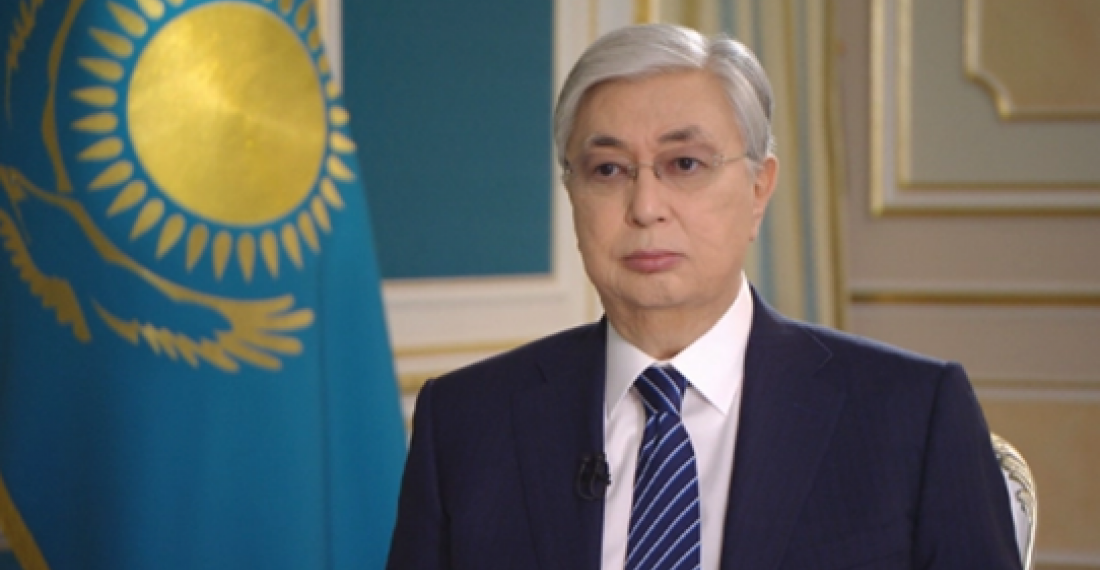The Kazakhstan government announced 18 February that it expects to receive the preliminary results from the investigation into the protests in the middle of March. This announcement comes as the government moved to detain former defence minister, Murat Bektanov, accusing him of inaction during the unrest.
In January, triggered by the sudden increase in the price of liquified gas following the removal of the government-enforced price cap, workers in the city of Zhanaozen began peacefully protesting. The protests spread across the country and demonstrations in Almaty, the largest city of Kazakhstan, turned violenct. This led to President Tokayev declaring a state of emergency in all of Kazakhstan. Moreover, the Collective Security Treaty Organization (CSTO) deployed troops to the most affected regions, and the Cabinet was forced to resign. The demonstrations ultimately culminated in nearly 240 deaths, 4,600 injuries, and 10,000 arrests.
Berik Uali, the Head of State’s Press Secretary, announced in a Facebook post that President Tokayev will present the preliminary results of the open investigation into the ‘January unrest’ in his Address to the people scheduled for March.
As the preparations of the results of the investigation begin, the government on Sunday detained the former defence minister, Murat Bektanov, under Article 452 of the Criminal Code of the Republic of Kazakhstan, accusing him of failing to perform his duties during the crisis.
The former Chief of the General Staff and Commander-in-Chief of the Kazakh Ground Forces was fired as defence minister last month. The prosecutor’s general office said on 19 February that they had launched a pre-trial investigation against the former Minister of Defence and the following day, that “Bektanov was detained and placed in a temporary detention centre on suspicion of committing this crime.” According to the relevant legislation, Bektanov could face a lengthy imprisonment of four to eight years if convicted.






